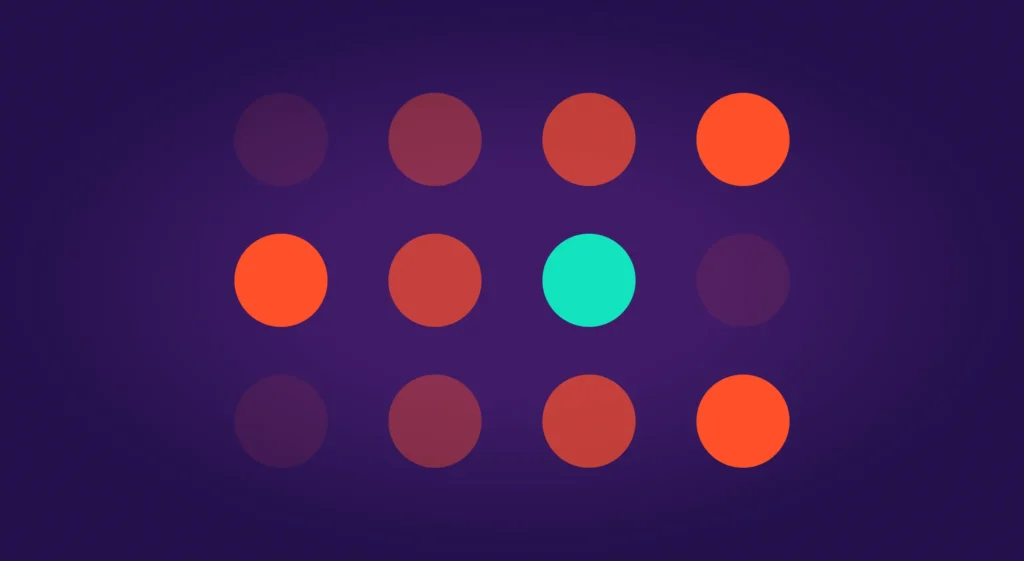Clari uses Jellyfish DevEx to help its engineering team capture developer sentiment and turn that data into actionable insights, leading to an overall healthier (and happier) team. Ready to boost your organization’s team health? Try Jellyfish DevEx for free.
Healthy teams do better work.
It seems obvious, but prioritizing team health isn’t always a given. Tech companies lean on their engineering teams to drive productivity and revenue growth, and engineer satisfaction can sometimes become collateral damage.
Clari recognizes the value of happy employees and healthy teams. The company is a leader in revenue ops with more than 1,500 customers and 700 of employees — including 300 software engineers. Maintaining team health in an organization that big is complicated: our team in Poland may have different challenges than our teams in the U.S. or India; a junior developer’s challenges will inevitably differ from an experienced specialist.
Identifying, understanding, and solving for these differences is crucial to maintaining a healthy team and driving continuous improvement. We use Jellyfish DevEx to capture developer sentiment and generate data that will lead to a healthier engineering environment.
Why engineering team health matters to Clari
At Clari, we’re fans of transparency in everything we do. We want to have courageous conversations and make data-driven decisions. If our company is going to pursue bold ideas and rapid growth, we need everyone in the organization to be comfortable with this way of working.
We recognize that individual contributors won’t always point out the issues they’re having at work. Surveys allow developers to speak candidly and shine a light on areas for improvement within the organization. That feedback in turn provides engineering leadership with the data they need to make positive changes.
When I started working at Clari in February of last year, we created manual surveys to capture developer sentiment. That information was useful, but the manual process had key shortcomings — particularly as the organization grew to hundreds of engineers. After using Jellyfish to manage deliveries and investment allocations, we started using the platform’s DevEx product to automate our survey process.
From manual processes to automated DevEx surveys
Clari’s manual DevEx surveys focused on broad themes. Were developers satisfied with the work they were doing? What did they think about the company’s mission? The process of developing those questions and fielding the survey was time consuming, and the data itself was limited. We wanted the surveys to cover a broad range of topics across teams, but the result was that we had no context for the responses; we couldn’t tell if specific issues were localized to one area or more prominent across teams.
Jellyfish allowed us to automate our survey creation. Jellyfish’s DevEx platform recommends topics and questions, so we don’t have to reinvent the wheel every time we want to send out a developer survey. The result is that our questions are more specific and tied more closely to the developer experience itself. We can pinpoint different tools and processes that are causing headaches for our team and even drill down to look at how different factors impact different levels or roles differently — and then work to implement a fix. Previously, we would only have captured the general sense that employees weren’t satisfied with an area of their work.
Empowering data-driven changes
When we deployed our first DevEx survey using Jellyfish, we found that many of our developers were frustrated with documentation. This wasn’t something that had come up in our previous, manual surveys, but it was clearly causing issues — not only for our existing employees, but particularly for new employees trying to quickly onboard and understand our tools.
The data was clear: we needed to do something about documentation. So we made it a visible goal for teams to work on creating more documentation and to address gaps in our collective knowledge base. These improvements will deliver significant long-term impact, because every new employee will benefit from the changes and take that knowledge forward in their work.
Moving forward, we plan on conducting DevEx surveys every six months to track our progress on issues like documentation and to capture new issues that might arise in the interim. We want to be able to answer two questions: Are we getting healthier? Do we have an action plan to get there? Jellyfish’s DevEx tool means we can be confident in those answers.
Andrew Korbel is Vice President of R&D Operations and Chief of Staff at Clari, the leader in revenue operations. For more from Andrew, check out this case study.





